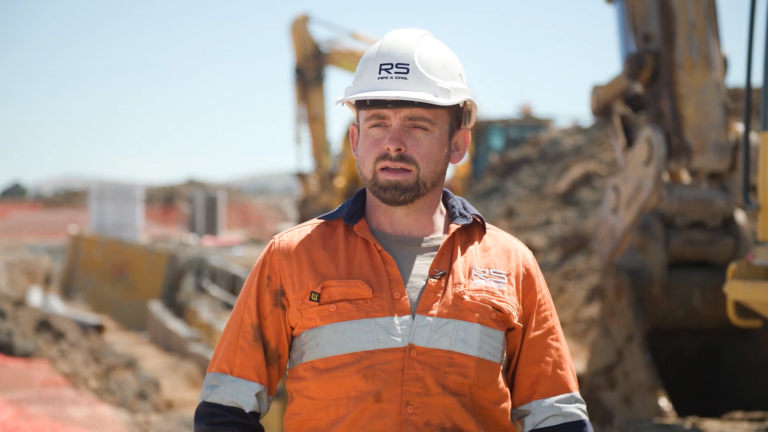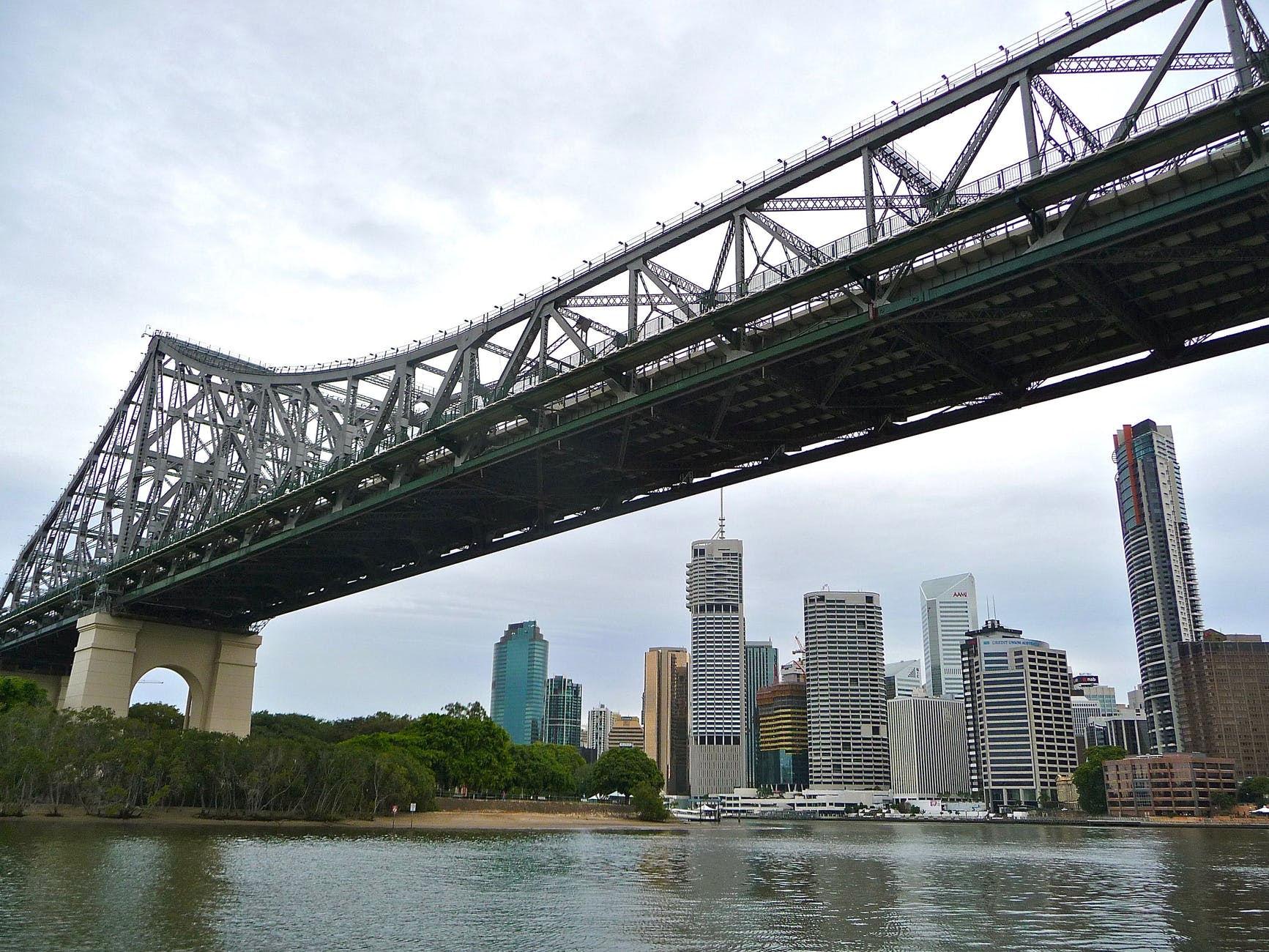

The 10th installment of the Queensland Major Projects Pipeline Report brought about much anticipation across the construction sector.
The report, which provides a comprehensive list of major engineering construction projects, together with analysis on the corresponding level of construction activity, highlighted a five-year major projects pipeline valued at $61.9bn.
The pipeline, given a major push by the public sector on the back of COVID stimulus, is expected to deliver a welcome boost to employment and economic activity.
Funded projects
A major part of the increased value stems from an $8bn contribution from funded projects, with particularly strong growth in the Roads and Non-Water Utilities sectors. Despite $25bn of the infrastructure being publicly funded, there has been a significant increase in privately funded projects compared with previous years, especially around electricity and mining.
With immediate pipeline projects continuing to gain traction, the report also showed almost 50 per cent of all funded activity fell within the South-East Queensland (SEQ) region, given its significant proportion of the state’s population.
This is particularly true as we come out of the COVID-19 pandemic, with residential developments and hubs in the Ipswich-Toowoomba-Logan corridor posing an excellent opportunity for continued growth.
There is a projected surge over the next two years with major project activity rising by 41 per cent in 2021/22, surpassing $10b for the first time since 2013/14.
Brendon Mayo, Business Development Manager at Iron Capital in Queensland, said the 2032 Olympic games have been a major driver of the infrastructure boom.
“There’s a genuine spring in the step of Queenslanders involved in these major infrastructure projects. The Olympics are driving a need for continued civil works and major infrastructure being built, especially in the SEQ region. To give ourselves the best opportunity, we need to get started on these works early, and the outcomes from the pipeline report are showing that we are well on the way.
“We saw Tokyo recently create game-changing infrastructure such as bullet trains. We too can look to push forward these types of works under the Olympic banner.”
Mr Mayo added that Iron Capital was watching developments closely as they go about enabling quicker access to gear amid supply chain disruptions.
“We expect Iron Capital’s 24-hour turnaround times to become appealing to existing and new clients as they look to deliver key projects.”
